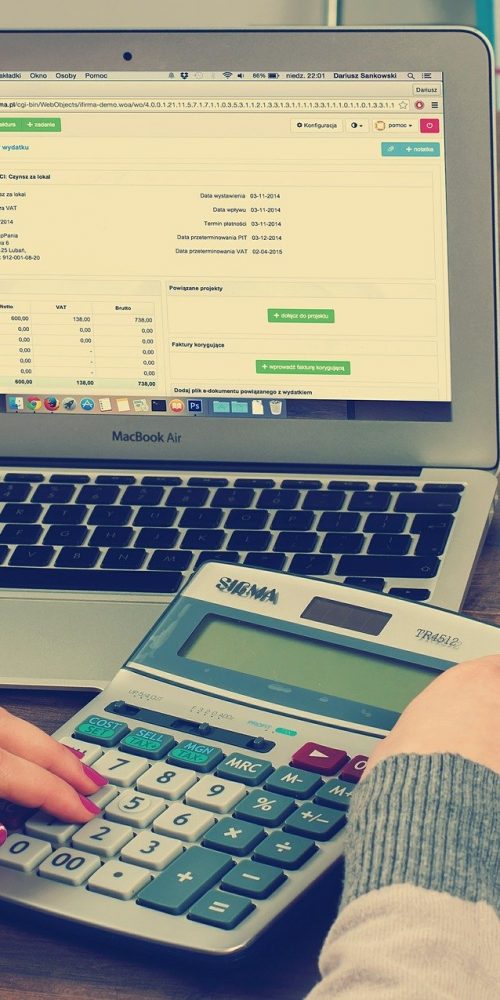Explore Why Professional Advice on Tax Deadlines is Crucial for Your Financial Health
Recent studies indicate that a staggering 25% of self-employed individuals in the UK are considering postponing their tax payments for the 2019-20 fiscal year. This trend is largely a reaction to the intense financial strain imposed by the coronavirus pandemic, which coupled with various restrictions, has severely affected numerous businesses. A comprehensive survey by Which? involving 4,000 taxpayers reveals an immediate need for customized assistance regarding tax deadlines. Such findings underscore an urgent demand for effective strategies and solutions designed to aid individuals who are struggling to meet their financial obligations during these unprecedented times.
As the pivotal deadline for submitting tax returns approaches on January 31st, which also coincides with the payment due date for the 2019-2020 tax year, the urgency has escalated. Alarmingly, nearly one in four self-employed taxpayers have already made the decision to delay their payments, which are now due in less than two weeks. Compounding this issue, around 22% of these taxpayers had previously utilized the government’s provision to defer their payments originally due by July 2020. Furthermore, projections suggest that UK taxpayers will collectively invest approximately 19 million hours preparing their tax returns ahead of this looming deadline, highlighting the considerable burden they are facing.
Despite the impending deadline, a notable percentage of taxpayers remain unprepared. Approximately 16% are still unsure about their next steps or have not given the matter serious consideration. Additionally, over 42% have indicated that they have chosen to defer their July payment due to persistent financial difficulties. This scenario illustrates the widespread effects of economic strain on tax compliance and emphasizes the critical need for accessible support services that can assist individuals in navigating these challenges effectively.
The UK government has introduced a Time To Pay scheme, enabling taxpayers to distribute their tax bill payments throughout the year in manageable monthly installments. This option presents a significantly less daunting approach to handling tax liabilities; however, taxpayers should be aware that interest will accrue on any outstanding balance. Those encountering difficulties in meeting their tax obligations should carefully consider this alternative to ensure they can manage their responsibilities without additional stress.
The Time To Pay scheme is available at all times, regardless of the pandemic’s effects, and should not be confused with the government’s option to defer payments that were originally due by July 2020. The latter was part of a broader set of financial relief initiatives designed to assist self-employed individuals, allowing them to postpone their payment deadlines until January 31, 2021.
Understand the Critical Importance of Timely Tax Payments to Avoid Heavy Financial Penalties

Neglecting to submit your tax payment by the January 31, 2021 deadline can result in severe financial repercussions. It is essential for taxpayers to proactively contact HMRC to establish a feasible alternative, such as a Time To Pay agreement, to avoid incurring penalties. Delays in tax payments can lead to a hefty interest charge of 2.6% applied from the original payment due date. Additionally, a 5% penalty will be enacted on the outstanding tax after 30 days, followed by an extra 5% fee on July 31, 2021, and yet another 5% charge after one year of delinquency. These financial consequences underscore the vital importance of fulfilling tax obligations promptly to avert accumulating debts.
Essential Actions to Take If You Cannot Pay Your Tax Bill on Time
For those facing financial struggles and unable to meet their tax obligations, the government has rolled out various support initiatives aimed at assisting these individuals. One potential route is to negotiate an agreement with HMRC through their Time To Pay scheme; however, eligibility for this program comes with specific criteria:
- You must owe less than £30,000 in tax
- The arrangement should be initiated within 60 days of the payment deadline
- Your tax returns must be current and completed
- You should have no outstanding debts with HMRC
- You do not currently have any other payment plans or agreements with HMRC
If your tax debt exceeds £30,000, or if you anticipate needing more than the maximum 12 months permitted by the Time to Pay scheme, it is still possible to discuss alternative installment arrangements with HMRC. The most crucial step, particularly if you are uncertain about your ability to pay your tax bill or require guidance on postponing your payment, is to reach out to the HMRC Payment Support Service at 0300 200 3835. Taking proactive measures can significantly assist in navigating these challenging financial times effectively.
Uncover Valuable Resources to Enhance Your Financial Management Skills

Debt Consolidation Loan Calculator for Smart Financial Planning
Debt Consolidation Loan Calculator for Effective Financial Planning

Furlough Rights Explained: Know Your Entitlements
Furlough Rights Explained: Essential Information on Your Entitlements

Debt Consolidation Loan Advice: Why It’s Essential Before Applying
Debt Consolidation Loan Advice: The Importance of Preparation Before Applying

Avoiding a Financial Ticking Time Bomb: Essential Tips
Avoiding Financial Pitfalls: Essential Tips to Prevent a Crisis

Rights of a Debt Collection Agency Explained
Understanding Your Rights: Essential Knowledge on Debt Collection Agencies
The Article Tax Deadline Support: Essential Tips for Compliance Was Found On https://limitsofstrategy.com





Comments are closed